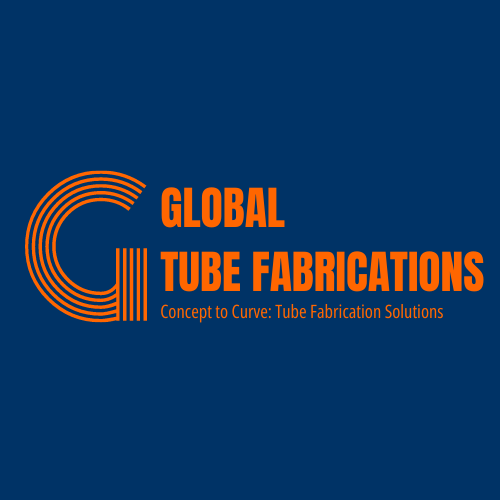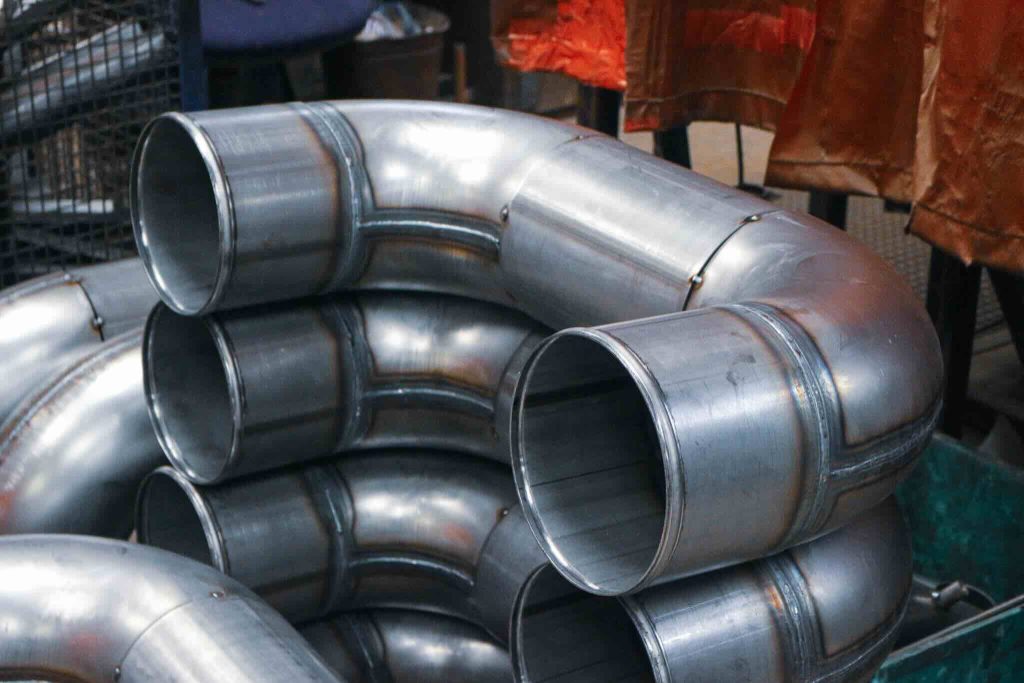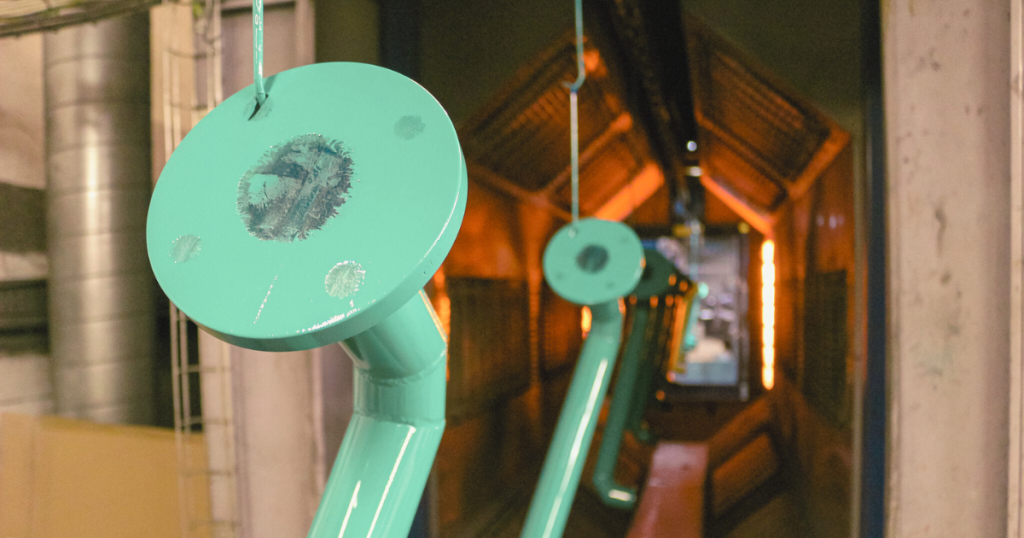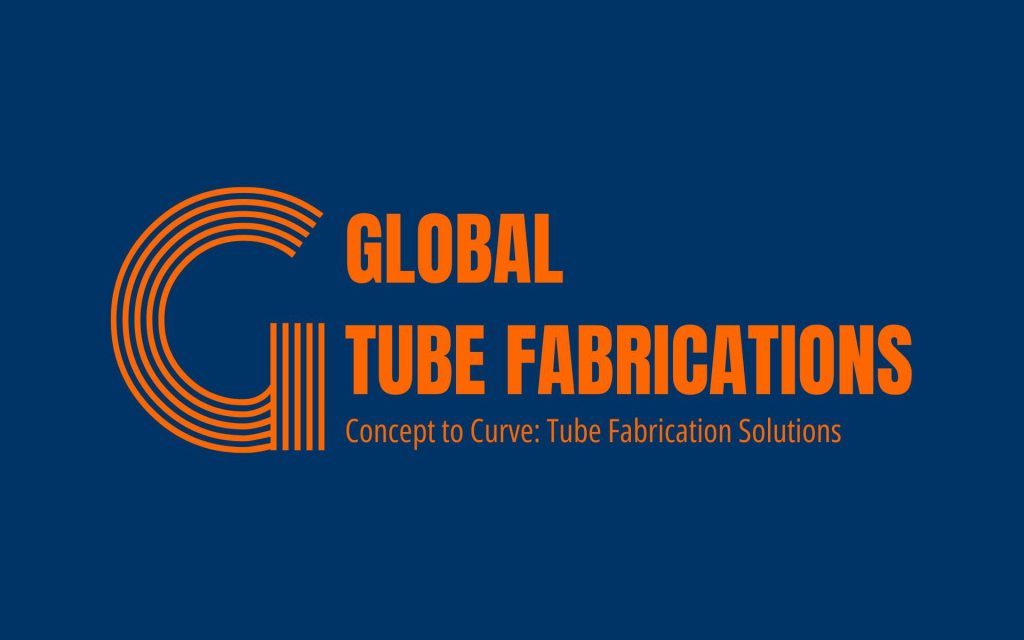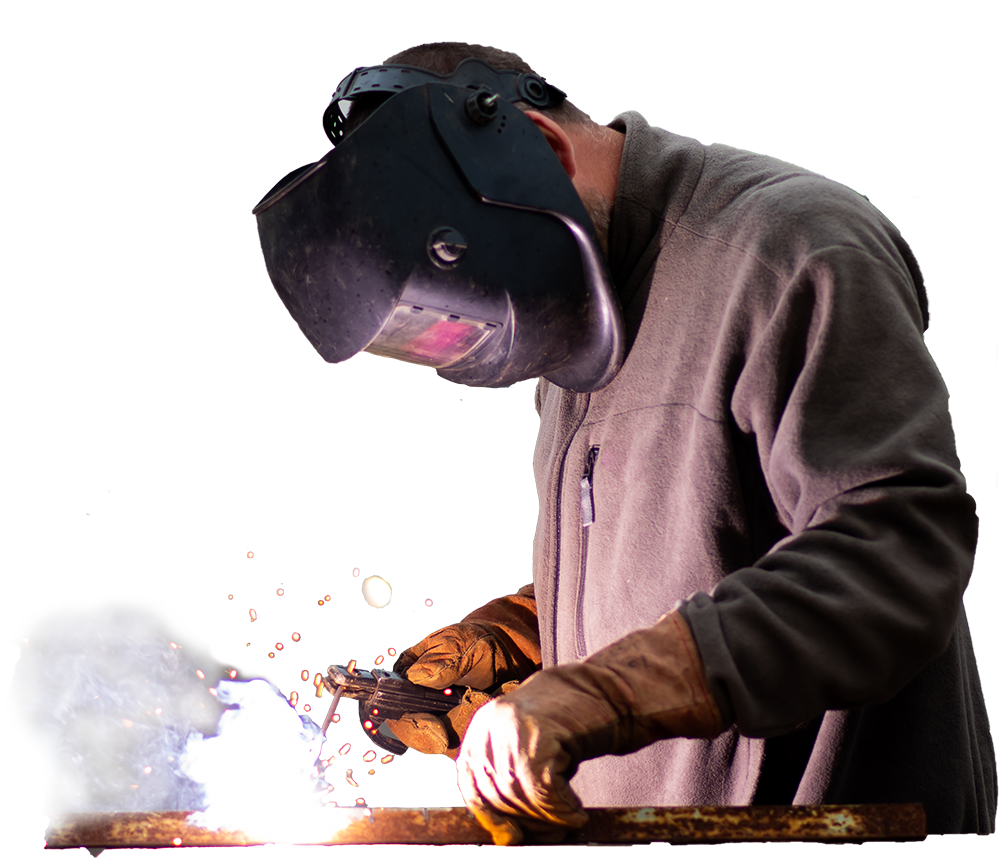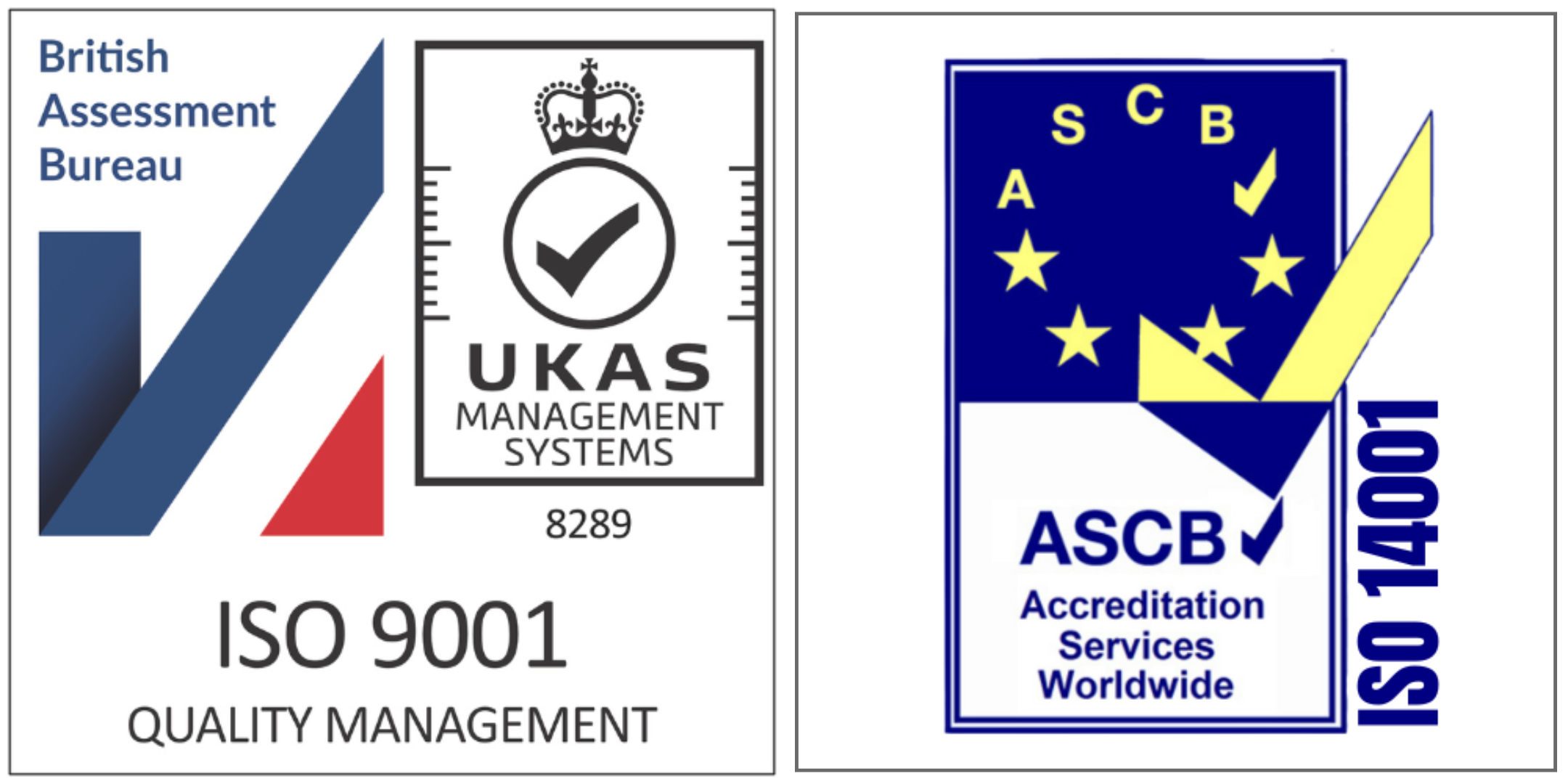Common Materials Used in Tube Bending: Pros and Cons of Each
Selecting the right material for tube bending is crucial for the success of any project. The choice directly affects the bending process, the durability of the component, and the final product’s performance. In this article, we explore the common materials used in tube bending, examining the pros and cons of each. This will help you make a more informed decision based on your project’s needs.
Mild Steel
Pros
- Cost-Effective: Generally inexpensive and easy to source.
- Ease of Welding and Forming: Highly malleable, making it ideal for simple bends and welding.
- Strength: Offers good strength for a range of applications.
Cons
- Corrosion: Prone to rust without protective coating.
- Weight: Heavier than aluminium or other lightweight metals.
Stainless Steel
Pros
- Corrosion Resistance: Ideal for environments exposed to moisture or chemicals.
- Strength and Durability: High tensile strength and excellent long-term performance.
- Aesthetic Appeal: Clean, polished look suitable for visible applications.
Cons
- Cost: More expensive than mild steel.
- Hardness: Requires specialised equipment to bend properly.
Aluminium
Pros
- Lightweight: Perfect for applications where reducing weight is a priority.
- Corrosion Resistant: Naturally rust-resistant, especially when anodised.
- Easy to Form: Requires less force to bend compared to steels.
Cons
- Strength: Not as strong as steel — not suited for all structural uses.
- Price: High-grade aluminium alloys can be costly.
Copper
Pros
- Highly Malleable: Extremely easy to bend without cracking.
- Excellent Conductivity: Great for thermal and electrical applications.
- Visual Appeal: Often used in design-forward and architectural applications.
Cons
- Expensive: Higher material costs.
- Softness: Can deform or damage under high pressure.
Brass
Pros
- Easy to Bend: Flexible and simple to shape.
- Corrosion Resistant: Well-suited for marine and outdoor use.
- Attractive Finish: Often used for aesthetic applications.
Cons
- Strength: Less robust than steel; limited structural use.
- Cost: More expensive than mild steel and aluminium.
Aluminised Steel
Pros
- Rust Resistance: Aluminium-silicon coating protects against corrosion.
- Durability: Combines strength of steel with aluminium’s resistance.
- Affordable: Cheaper than stainless steel with similar benefits.
Cons
- Weight: Heavier than aluminium.
- Bending Care: Requires careful bending to avoid damaging the protective coating.
Nominal Bore Pipe
Pros
- Standardisation: Consistent measurements make for easier system design.
- Structural Strength: Suitable for pressure and load-bearing systems.
Cons
- Corrosion Risk: Needs treatment to avoid rust.
- Heavier: Depending on application, weight may be a factor.
Titanium
Pros
- Strength-to-Weight Ratio: Exceptional — very strong yet lightweight.
- Corrosion Resistance: Performs well even in saltwater or chemical settings.
- Biocompatible: Suitable for medical and aerospace industries.
Cons
- Cost: Very expensive.
- Specialised Equipment: Difficult to bend without advanced machinery.
Inconel
Pros
- High-Temperature Resistance: Performs under extreme heat and stress.
- Durability: Long-lasting and robust.
Cons
- Price: One of the most expensive materials available.
- Manufacturing Difficulty: Requires precision tooling and experience.
Tungum
Pros
- Corrosion Resistance: Especially effective in offshore and marine settings.
- Strength: Strong with good mechanical properties.
Cons
- Availability: Not as common as other materials.
- Cost: More expensive than standard options.
Conclusion: Which Tube Bending Material Is Right for You?
Ultimately, choosing the best material for your tube bending project depends on performance requirements, cost, and environmental conditions. Understanding the common materials used in tube bending and their advantages helps you make more informed, cost-effective decisions.
If you need guidance on material selection or want to learn more about our tube bending services, get in touch with our team or request a quote.
For industry standards on material specifications, visit British Stainless Steel Association.
